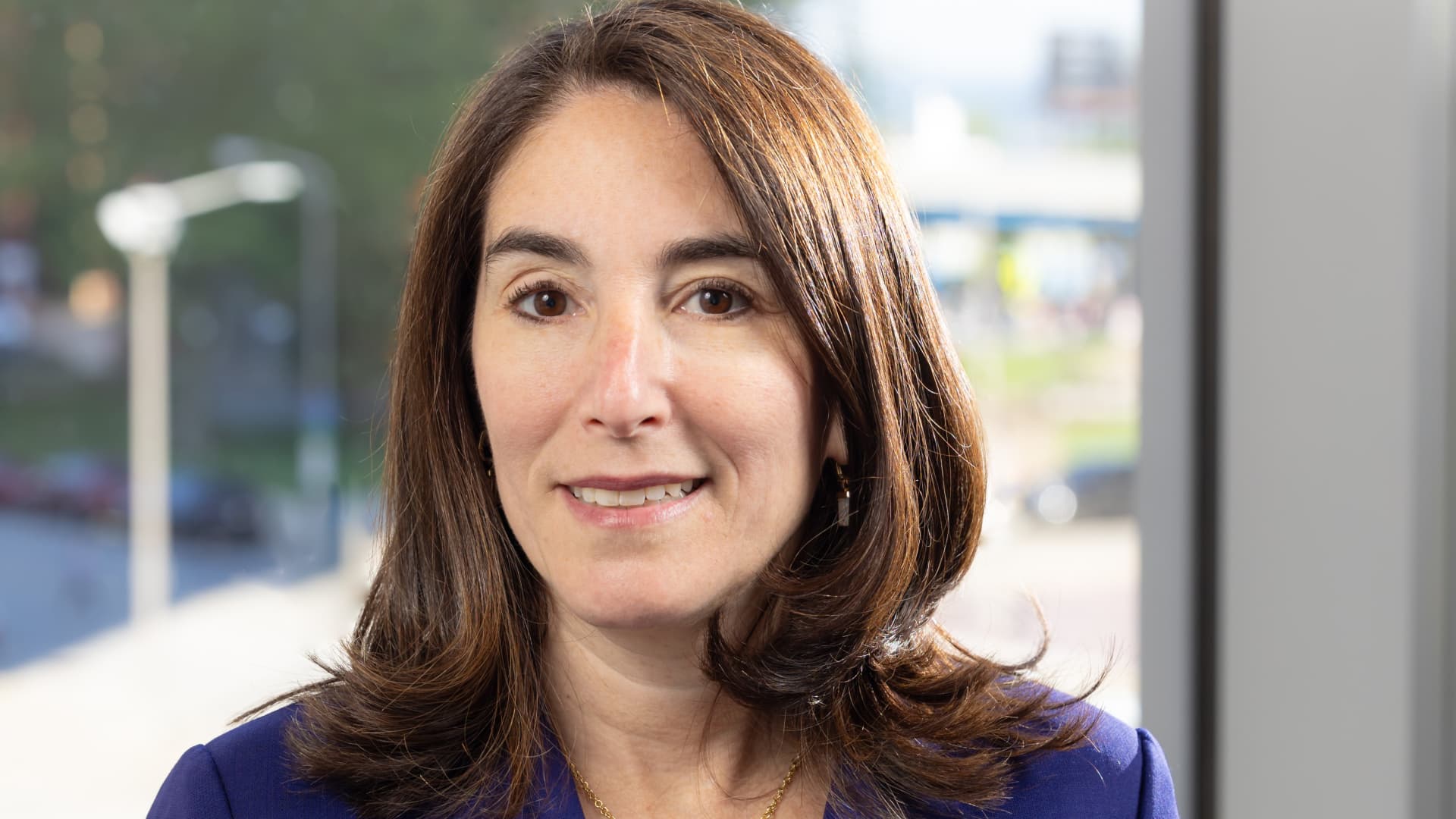A Goldman Sachs executive and finance industry veteran will take over as the new president of the Cleveland Federal Reserve.
The central bank district announced Wednesday that Beth M. Hammack, 52, will be the next leader of the central bank district when Loretta Mester steps down June 30. Hammack assumes the office officially on Aug. 21. In the interim, Cleveland Fed First Vice President Mark S. Meder will serve as the president.
“It is a great privilege to serve the Fourth District, and the country, in fulfilling our mission of fostering a strong, stable economy in which all Americans have the opportunity to prosper,” Hammack said in a statement. “I cannot wait to lead the Bank’s talented team, who deliver every day on our important mission.”
As the Fed contemplates its next moves with monetary policy, the Cleveland president plays an important role this year as a voter on the rate-setting Federal Open Market Committee.
Mester mostly has been known for her more hawkish views, meaning she often has favored tighter economic policy to meet the central bank’s inflation mandate. In a recent speech, she offered several recommendations to her colleagues on improving communications, including more detailed post-meeting statements to provide greater explanation about the committee’s actions.
Hammack comes to the Cleveland Fed after serving with Goldman Sachs since 1993 in multiple roles, having been a partner since 2010 after being named managing director in 2003. Most recently, she served as global finance director.
She is a Stanford University graduate, holding degrees in quantitative economics and history.
“Beth has a deep understanding of financial markets and the monetary policy transmission process, expertise in leading complex business lines, and a proven commitment to mission-focused work,” said Heidi Gartland, chief government and community relations officer with University Hospitals and chair of the presidential search committee and the Cleveland Fed’s board of directors.
Current market pricing is pointing towards the likelihood of one interest rate reduction coming later this year, likely in November or December. At the beginning of 2024, markets were expecting at least six cuts.






